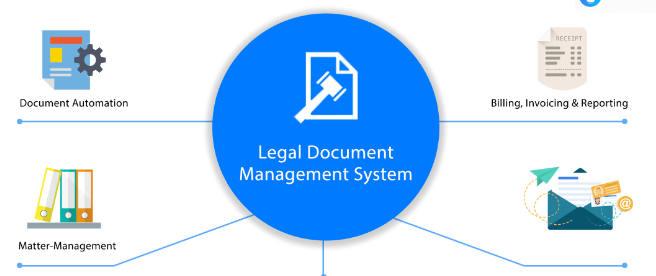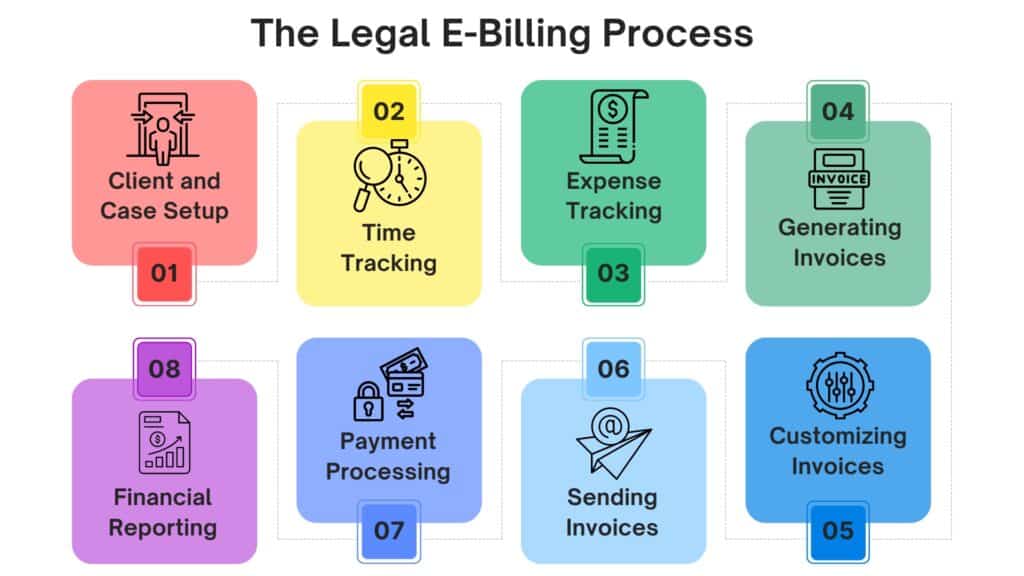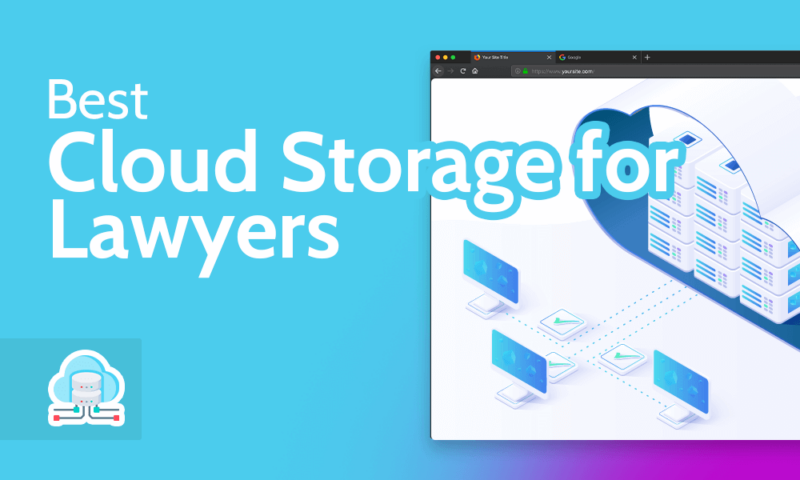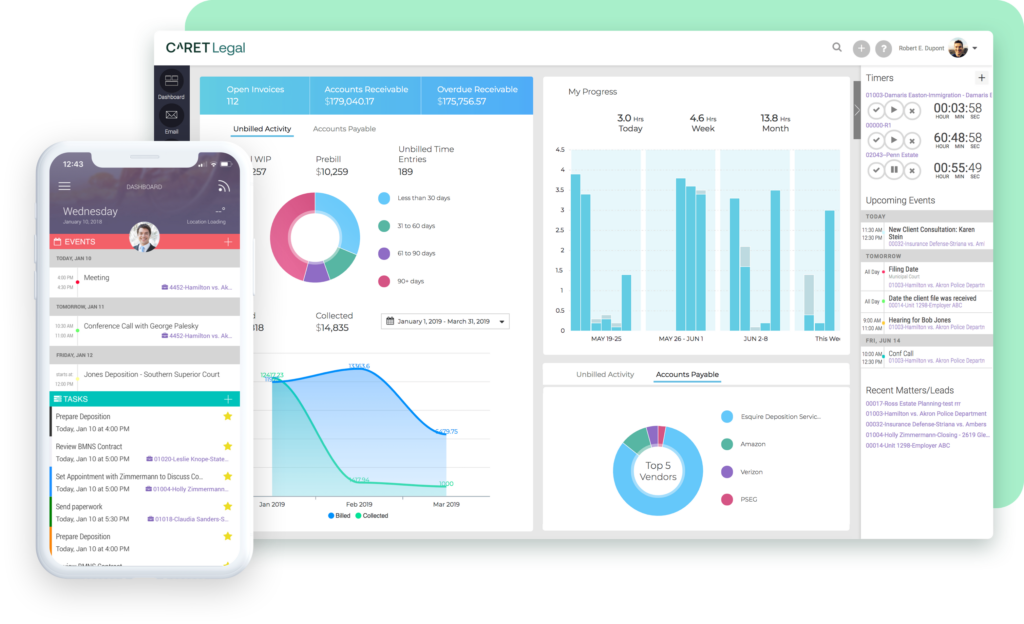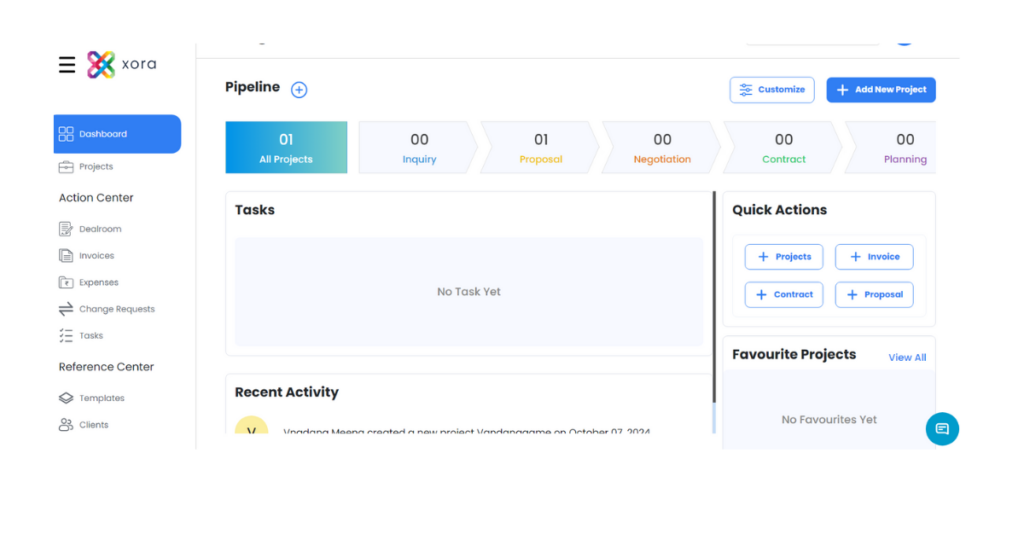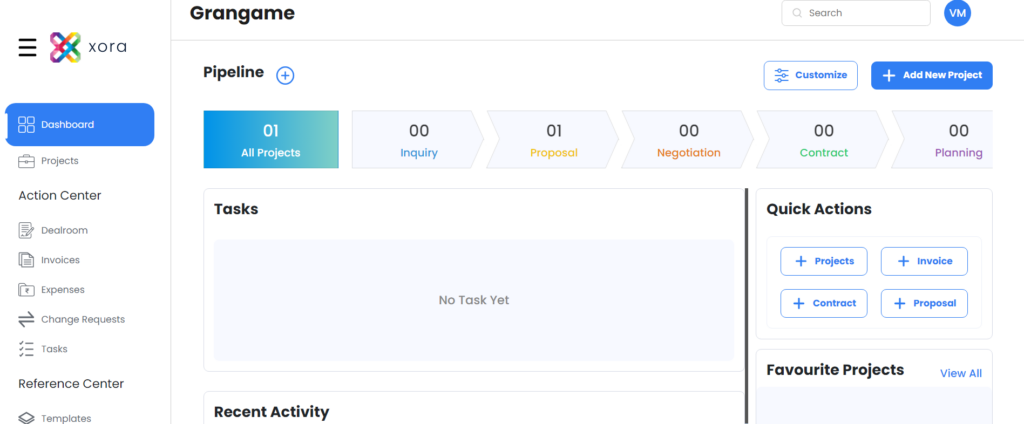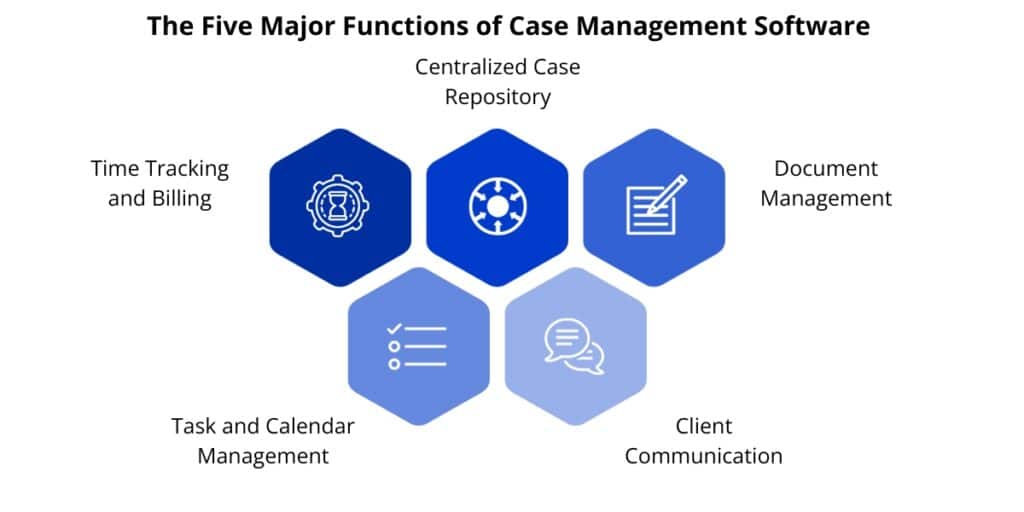Table of Contents

Introduction
In today’s fast-paced legal environment, efficient document management is critical for law firms striving to maintain compliance, enhance client satisfaction, and streamline operations. Legal professionals handle vast amounts of sensitive information, including contracts, pleadings, correspondence, and case-related documents. As the volume of documentation increases, so does the need for robust systems to manage these assets effectively.
Investing in the best document management software for law firms is essential for facilitating organized storage, easy retrieval, and secure sharing of legal documents. With the right software, law firms can improve collaboration among team members, ensure data security, and reduce the time spent on administrative tasks, ultimately allowing attorneys to focus more on their core legal responsibilities.
This blog explores the importance of document management in legal practice, key features to look for in document management software, and a detailed review of the top solutions available for law firms today.
Importance of Document Management in Law Firms
Effective document management is vital for law firms for several reasons:

1. Enhanced Efficiency
Legal professionals spend a significant amount of time searching for and managing documents. A robust document management system (DMS) helps streamline these processes, allowing lawyers to locate documents quickly and focus on their core responsibilities. By reducing time spent on document retrieval, firms can increase overall productivity.
2. Improved Compliance and Security
Law firms are subject to strict regulations regarding client confidentiality and data protection. Document management software provides secure storage options, encryption, and access controls to protect sensitive information. Furthermore, these systems help firms maintain compliance with legal and ethical obligations by keeping accurate records and audit trails.
3. Better Collaboration
Document management solutions facilitate collaboration among team members by allowing multiple users to access and edit documents simultaneously. With features such as version control and commenting, legal professionals can work together more effectively, regardless of their physical location. This is particularly valuable in today’s increasingly remote work environment.
4. Cost Savings
Implementing the best document management software for law firms can lead to significant cost savings. By reducing reliance on physical storage, minimizing printing costs, and improving efficiency, firms can lower operational expenses. Additionally, better document management can lead to faster case resolution, ultimately benefiting the firm’s bottom line.
5. Accessibility and Flexibility
Modern document management systems are often cloud-based, providing users with access to documents from anywhere, at any time. This flexibility is crucial for legal professionals who need to work on the go or from different locations. With mobile access, lawyers can review case files, respond to client inquiries, and collaborate with colleagues no matter where they are.
Key Features of Document Management Software for Law Firms
When searching for the best document management software for law firms, it’s essential to consider various features that will meet the specific needs of legal professionals. Here are some key functionalities to look for:
1. Document Storage and Organization
A DMS should offer a secure and organized repository for storing documents. Features such as folder structures, tagging, and metadata help categorize files, making them easy to locate.
2. Version Control
Version control is critical for legal documents, as multiple iterations may be created throughout the drafting process. The software should track changes and allow users to revert to previous versions, ensuring that the most accurate and up-to-date documents are used.
3. Advanced Search Capabilities
Robust search functionalities enable users to find documents quickly. This may include keyword searches, filtering options, and the ability to search within document content.
4. Collaboration Tools
Collaboration features, such as document sharing, commenting, and real-time editing, allow teams to work together effectively. This is essential for law firms handling complex cases that require input from multiple attorneys.
5. Security and Compliance
The best document management software for law firms must provide strong security measures, including encryption, user authentication, and access controls. Compliance features help firms adhere to legal and ethical standards, particularly concerning client confidentiality.
6. Integration Capabilities
Document management software should integrate seamlessly with other tools used in law firms, such as practice management systems, billing software, and email clients. This integration streamlines workflows and reduces the need for duplicate data entry.
7. Mobile Access
With the increasing need for remote work, mobile access to documents is vital. The software should offer mobile applications or responsive web access, allowing attorneys to access files on the go.
8. Audit Trails
Audit trails provide a record of document activity, including who accessed or modified a file and when. This feature is essential for maintaining accountability and compliance within legal practices.
9. Customization Options
Every law firm has unique needs, so customizable features allow firms to tailor the software to their specific workflows and processes.
Top Document Management Software for Law Firms

1. Xora
Overview:
Xora is a comprehensive cloud-based platform designed specifically for legal professionals, offering a suite of features that streamline client management, document storage, and project tracking. It is well-suited for law firms looking to enhance their document management processes.
Key Features:
- Secure Document Storage:
Provides organized storage for legal documents, ensuring they are easily accessible and secure. - Advanced Search Capabilities:
Allows users to quickly locate files using various search filters and keywords, saving valuable time. - Version Control:
Tracks changes made to documents, enabling users to revert to previous versions and maintain document accuracy. - Client Portal:
Offers clients secure access to their documents and case information, enhancing transparency and communication.
Why It’s Great:
Xora’s user-friendly interface and robust features make it a top choice for law firms aiming to improve efficiency and client satisfaction. Its focus on integrating various aspects of legal practice management ensures that attorneys can deliver high-quality services while keeping their documents organized and secure.
2. Clio
Overview:
Clio is a leading practice management software that offers an integrated document management solution specifically designed for law firms. Its comprehensive features make it suitable for small to large legal practices.
Key Features:
- Secure Document Storage:
Provides organized storage for legal documents, ensuring they are easily accessible and secure. - Advanced Search Capabilities:
Quickly locate files using various search filters and keywords. - Version Control:
Tracks changes made to documents, enabling users to revert to previous versions. - Integration with Third-Party Applications:
Seamlessly integrates with various tools to enhance workflow efficiency.
Why It’s Great:
Clio’s user-friendly interface and extensive feature set make it one of the best document management software solutions for law firms. It streamlines document workflows, enhances collaboration, and ensures compliance.
3. NetDocuments
Overview:
NetDocuments is a cloud-based document management system specifically designed for the legal industry. It provides secure document storage and collaboration tools that enhance productivity.
Key Features:
- Robust Security Features:
Includes encryption and access controls to protect sensitive information. - Advanced Version Control and Audit Trails:
Tracks changes and maintains an accurate history of document revisions. - Seamless Integration with Practice Management Tools:
Enhances workflow by integrating with other essential legal software. - Mobile Access:
Enables users to access documents on the go, ensuring flexibility and productivity.
Why It’s Great:
NetDocuments excels in providing a secure and compliant environment for document management, making it ideal for law firms prioritizing data protection and collaboration.
4. iManage
Overview:
iManage is a leading document and email management solution for law firms. It offers powerful features for organizing, sharing, and securing legal documents.
Key Features:
- Centralized Document Repository:
Organizes all documents in one location for easy access. - Smart Classification and Tagging:
Simplifies document organization, making it easy to find what you need. - Collaboration Tools:
Allows for real-time document sharing among team members. - Strong Security and Compliance Measures:
Ensures that sensitive client data is protected.
Why It’s Great:
iManage’s robust features and focus on security make it a top choice for law firms needing reliable document management software. Its ability to integrate with existing systems enhances its utility.
5. PracticePanther
Overview:
PracticePanther is a cloud-based practice management software that includes an effective document management system. It caters to law firms of all sizes.
Key Features:
- Document Storage and Organization Tools:
Provides an organized structure for storing legal documents. - Version Control:
Tracks document history, allowing for easy retrieval of previous versions. - Client Portals:
Facilitates secure sharing and collaboration with clients. - Integration with Other Legal Tools:
Enhances efficiency by connecting with various legal software solutions.
Why It’s Great:
PracticePanther’s all-in-one approach provides law firms with essential tools for managing documents, cases, and client relationships seamlessly.
6. MyCase
Overview:
MyCase is a comprehensive legal practice management software that includes document management capabilities. It is particularly well-suited for small to mid-sized law firms.
Key Features:
- Secure Document Storage:
Keeps all documents organized and easily accessible. - Client Portal:
Provides clients with easy access to their case documents. - Time Tracking and Billing Integration:
Connects document management with billing processes for efficiency. - Mobile Access:
Allows users to manage documents from anywhere.
Why It’s Great:
MyCase enhances client engagement and document management, making it a solid choice for law firms looking for a user-friendly solution.
Conclusion
Investing in the best document management software for law firms is essential for enhancing operational efficiency, improving client service, and ensuring compliance in today’s fast-paced legal environment. As legal professionals handle increasing volumes of sensitive information, having a robust document management system in place can make all the difference in managing workflows effectively.
The solutions discussed in this article, including Xora, Clio, NetDocuments, iManage, PracticePanther, and MyCase, offer a range of powerful features tailored to meet the unique needs of legal professionals. Each of these platforms excels in areas such as secure document storage, advanced search capabilities, collaboration tools, and compliance measures, ensuring that law firms can operate smoothly and securely.
By adopting the right document management software, law firms can streamline their operations, enhance collaboration among team members, and ultimately deliver better outcomes for their clients. In an era where technology plays a crucial role in legal practice, investing in effective document management solutions is not just an option—it’s a necessity for maintaining a competitive edge in the legal industry.
As law firms continue to navigate an evolving legal landscape, leveraging the power of technology will be key to providing top-notch legal services while efficiently managing their operations. Embracing the right tools today will pave the way for success in the future, ensuring that firms can meet the demands of their clients and uphold the highest standards of service.






